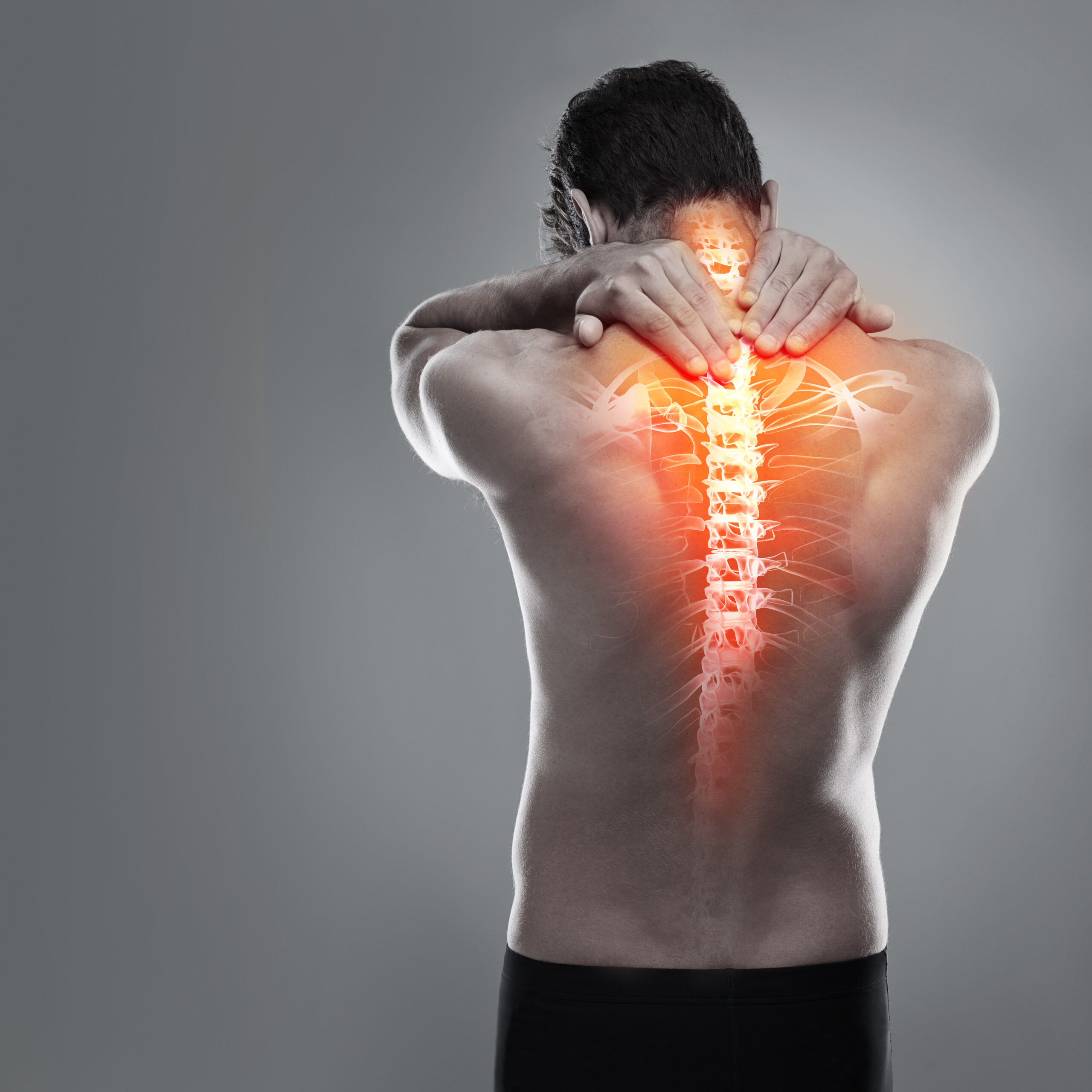Physical Health
Mental health is often associated with our thoughts, emotions, and psychological well-being. However, it is crucial to recognize that mental health also significantly impacts physical health. The mind and body are intricately interconnected, and understanding the affect of mental health on physical health is essential for comprehensive wellness.
This blog will explore how mental health influences physical health and delve into various aspects of this powerful connection.
Table of Contents
Muscle Weakness
Physical symptoms like muscle weakness may occur when our mental health is compromised. Mental health problems can cause weakness and a lack of energy, which may affect physical strength.


Excessive Sweating
Anxiety and stress can trigger excessive sweating. When our mental health is compromised, the body’s fight-or-flight reaction may be triggered, leading to sweating even when no physical exertion is done.
Rigid and Tense Shoulders
Tension and stress can accumulate in the muscles, particularly in the shoulders. Prolonged mental distress can result in rigid and tense shoulders, leading to discomfort and reduced flexibility.
Sleep Disturbances
Mental health issues can disrupt sleep patterns, leading to sleep disturbances such as insomnia or restless sleep. Insufficient rest can negatively impact physical health, affecting energy levels, cognitive function, and overall well-being.
Unhealthy Eating Habits
The mind-body connection often influence our eating habits. Emotional eating, comfort food cravings, or loss of appetite can be symptoms of mental health issues. These unhealthy eating habits may lead to weight gain, nutritional deficiencies, and physical health problems.
Cardiovascular Problems
According to studies, there is a significant connection between mental wellness and cardiovascular health. Chronic stress, tension, anxiety, and depression can increase the risk of developing heart conditions, high blood pressure, and other cardiovascular problems.
Stomach Problems
Physical problems in the digestive system might be a sign of mental illness. Digestive problems, including stomachaches, indigestion, and irritable bowel syndrome (IBS), can be influenced by mental well-being.
Headaches
Stress, tension, and anxiety are common triggers for headaches. Mental health challenges can contribute to the development of headaches or migraines, causing physical discomfort and impacting daily functioning.
Tiredness
Our energy levels can be negatively impacted by mental illnesses like depression, tension, anxiety, and chronic stress, resulting in persistent tiredness and feelings of exhaustion. When our minds are overwhelmed or burdened by negative emotions, it can manifest as physical fatigue, impacting our ability to function optimally. Therefore, addressing the mind-body connection is crucial for restoring energy and vitality in our daily lives.
Hormonal Imbalance
Imbalances in stress hormones, such as cortisol, can occur when mental health is compromised. These hormonal imbalances can have a wide range of effects on physical health, including weight fluctuations, menstrual irregularities, and disrupted bodily functions.
Conclusion
Understanding the physical side of mental health is crucial for achieving holistic well-being. Mental health issues can manifest in various physical symptoms, ranging from muscle weakness and excessive sweating to sleep disturbances and unhealthy eating habits.
The mind-body connection is powerful; neglecting our mental health can profoundly impact our physical vitality. The link between mental health and cardiovascular problems, stomach issues, headaches, tiredness, and hormonal imbalances further emphasizes the importance of addressing mental well-being. By recognizing and prioritizing mental health, we can take proactive steps toward comprehensive wellness.
Seeking appropriate support, practising self-care, and adopting healthy coping mechanisms are vital in achieving a harmonious balance between mind and body. Our mental and physical health nurture us to lead fulfilling and vibrant lives. Let us embrace the understanding of our mind-body connection and strive towards a holistic approach to wellness.
By acknowledging the intricate relationship between our mental and physical health, we empower ourselves to take proactive steps toward self-care. Prioritizing mental well-being enhances our overall quality of life, promotes resilience, and fosters a sustainable foundation for long-term health and happiness.
